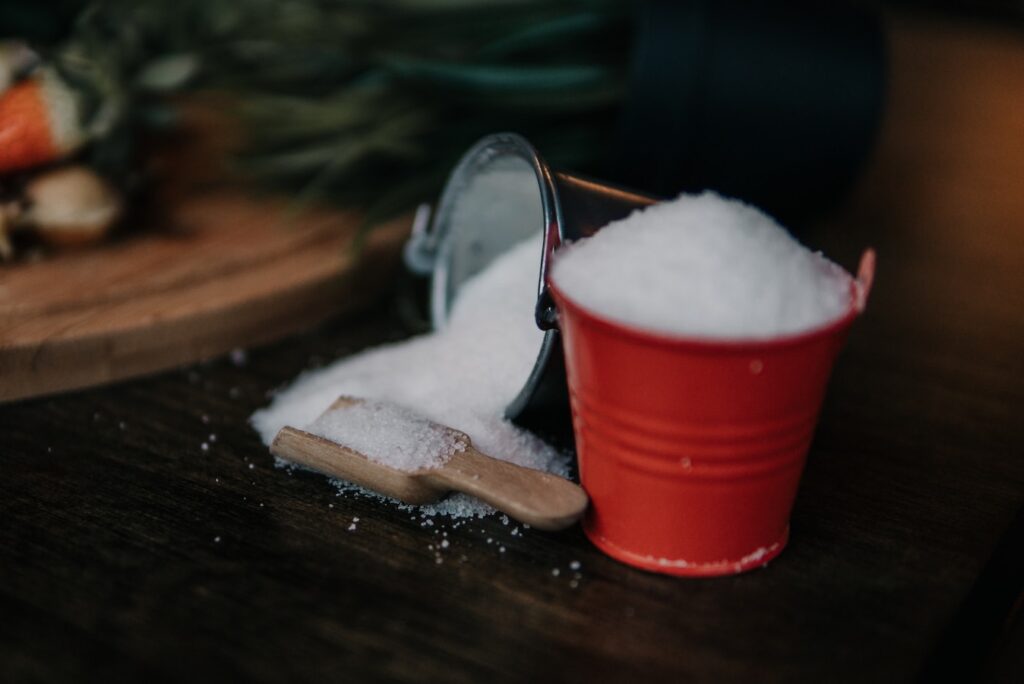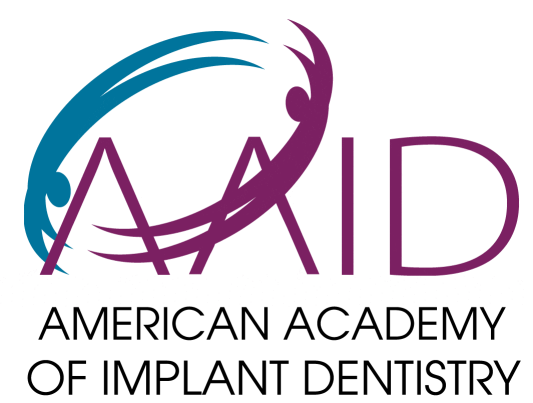Sugar on dental health creates a destructive cycle where oral bacteria feed on sugar and produce acid that erodes tooth enamel, leading to cavities and tooth decay. Sugar doesn’t directly damage teeth, but it fuels harmful bacteria in your mouth that produce acids strong enough to dissolve protective enamel within 20 minutes of consumption, making frequent sugar intake one of the primary causes of dental problems.
Picture your mouth as a battlefield, where your teeth face a daily onslaught from an unlikely enemy: sugar. While this sweet substance might delight our taste buds, it orchestrates a complex chain of events that can lead to dental devastation. According to dental research, the average American consumes about 17 teaspoons of added sugar daily—nearly three times the recommended amount—unknowingly participating in what many dentists call a “sweet tooth epidemic.”
The sugar-to-cavity process involves:
- Bacterial feeding where harmful mouth bacteria consume sugar and starches
- Acid production that weakens and dissolves tooth enamel
- Demineralization leading to soft spots that become cavities over time
- Hidden sugar exposure from processed foods, beverages, and condiments
Understanding how sugar wages its silent war against your teeth isn’t just about satisfying scientific curiosity—it’s essential knowledge for maintaining a healthy smile. At Lansdowne Family Dental, we help patients protect their teeth while still enjoying life’s sweeter moments through proper oral care and dietary guidance.

Sugar and Dental Health: The Bitter Truth
Sugar, specifically sucrose, is notorious for being the most cariogenic of all carbohydrates. This means it’s the primary culprit behind tooth decay. When sugar enters the mouth, bacteria break it down into acids. These acids, combined with bacteria, saliva, and food particles, form plaque. This sticky substance adheres to teeth, eroding tooth enamel and leading to cavities.
Sugar Substitutes: A Sweeter Alternative?
Artificial sweeteners, often referred to as non-nutritive sweeteners, promise the sweetness of sugar without the associated calories. Some, like stevia and saccharin, are up to 300 times sweeter than sucrose. Sucralose even boasts a sweetness 600 times that of regular sugar. These substitutes include:
- Aspartame
- Saccharin
- Sucralose
- Stevia
- Acesulfame K
The Dental Verdict on Artificial Sweeteners
Unlike sugar, artificial sweeteners are non-cariogenic. This means they don’t contribute to tooth decay. In fact, some studies, such as one from the International Journal of Basic & Clinical Pharmacology (IJBCP), suggest that these sweeteners might even have an anti-cariogenic effect. They don’t just prevent tooth decay; they might actively combat it. When sugar is consumed, the mouth’s pH drops, increasing acidity. Artificial sweeteners, on the other hand, seem to have the opposite effect, potentially balancing salivary pH and reducing decay-causing bacteria.
Are There Downsides to Sugar Substitutes?
While sugar substitutes offer dental benefits, they aren’t a magic bullet. For instance, replacing a sugary drink with one sweetened with aspartame or sucralose might reduce calorie intake, but it doesn’t necessarily provide nutritional value. Moreover, the Wisconsin Dental Association highlights that diet sodas, even those with artificial sweeteners, contain acids that can erode enamel.
To Consume or Not to Consume?
Reducing sugar intake is undoubtedly beneficial for both dental and overall health. However, indiscriminately replacing sugar with artificial sweeteners isn’t the answer. It’s essential to make informed choices, considering both the benefits and potential drawbacks of these substitutes.
For residents of Ashburn, Leesburg, Sterling, and Lansdowne, VA, choose Lansdowne Family Dental for quality dental care. We offer various dental services with a patient-centric approach. Start your dental journey with us. Contact us!
FAQs
- Do artificial sweeteners cause cavities? No, artificial sweeteners are non-cariogenic and do not contribute to tooth decay.
- Are all sugar substitutes the same in terms of dental health? While most artificial sweeteners do not contribute to tooth decay, their overall impact on health can vary.
- Can I use artificial sweeteners to prevent tooth decay? While they don’t cause decay, it’s not proven that they actively prevent it. Good oral hygiene is the best prevention.
- Do diet sodas harm my teeth? Yes, even though they might contain artificial sweeteners, they also have acids that can erode enamel.
- What’s the best way to protect my teeth? Regular brushing, flossing, and dental check-ups, combined with a balanced diet, are the best strategies.
- Are natural sweeteners like honey better for my teeth than sugar? Natural sweeteners can still contribute to tooth decay, so it’s essential to consume them in moderation.
Take Action for Your Dental Health
Knowledge is power. Now that you’re informed about the impact of sugar substitutes on dental health, make choices that benefit your teeth. And remember, nothing replaces regular dental check-ups and a robust oral hygiene routine.






